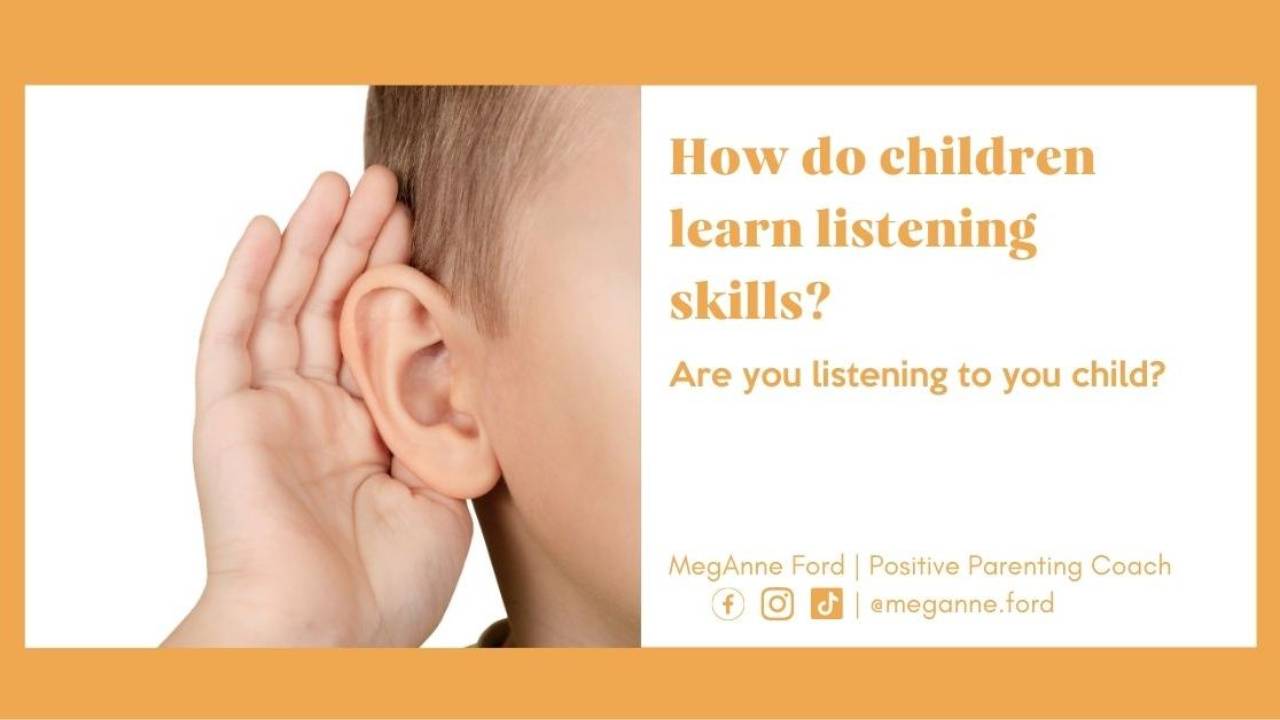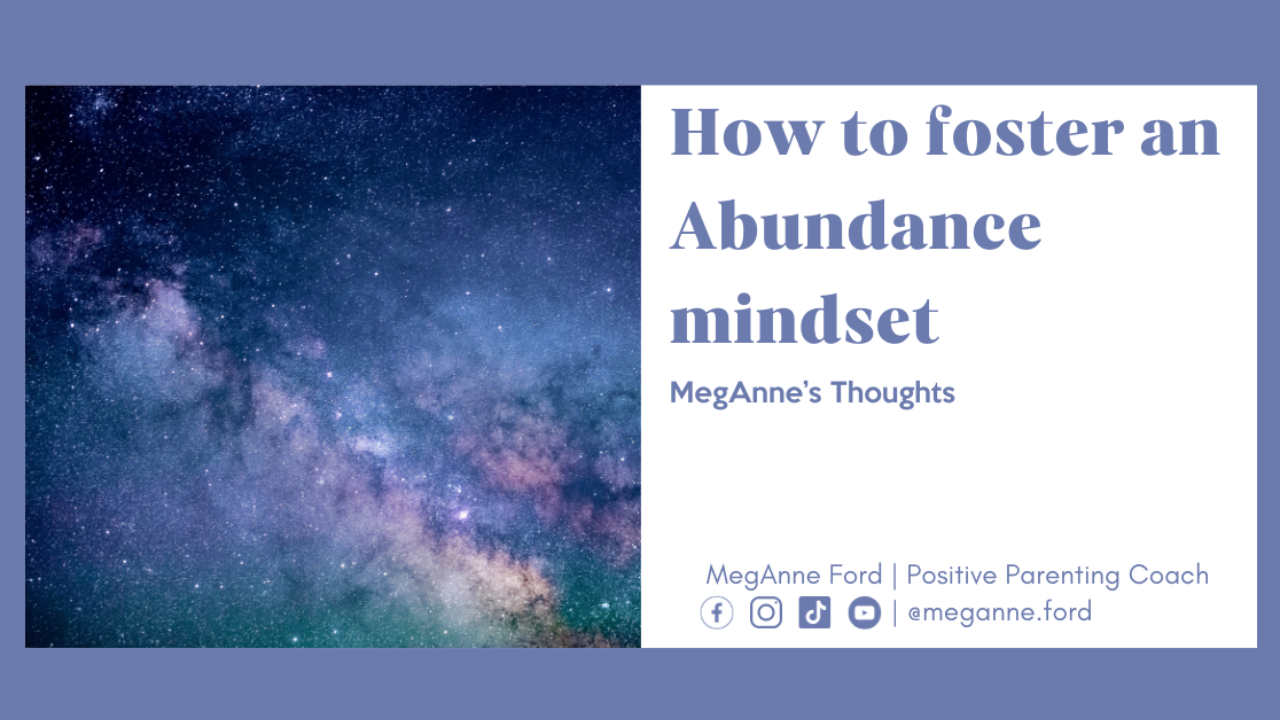
Get Your Brain Aligned
Nov 21, 2023
Providing parenting strategies that are backed by science. Science is ever-evolving, and what we thought about parenting for 20 years differs from what we know now. I am more curious about how we want to feel in our relationships in 20 years, which starts today.
Takeaways
Parenting Paradigm Shift: Many common parenting strategies rely on fear as a motivator, leading to ineffective tools and philosophies; however, a transformative shift towards setting clear limits and empowering choices, guided by Positive Discipline and Whole-Brain Child principles, promotes connected relationships and successful outcomes.
Brain and Behavior Connection: Understanding the brain's three main parts—lower (survival), mid (emotional), and frontal cortex (executive)—reveals the keys to healthy parenting strategies. Safety, connection, and learning are crucial elements, and the integration of these brain functions is facilitated through a simple yet powerful tool: conscious breathing.
We can Learn better Parenting Strategies
I coach parents on better parenting strategies.
In all of my experience with coaching parents, I have noticed an important common thread:
As caregivers, we are all fighting battles with ineffective strategies and tools. When we are triggered by our kids’ behaviors and react poorly to those triggers, we are often left with icky feelings that don't get us the results we really want. We want connected relationships with our children. We want to feel like competent caregivers. We want to change our children’s behavior. However, we often pursue these goals while using ineffective tools and philosophies.
The problem with the typical parenting strategies with which most of us were raised is that they rely on fear as a motivator. People who are raised on fear-based strategies grow up in a constant state of fear.
I, for one, know that feeling. I also know the feeling of removing fear-based discipline and switching gears to setting clear limits and empowering choices. This comes from rewriting our definition of the word "discipline".
Tamar Jacobson, the author of “Don’t Get So Upset” and Early Childhood Education Program Professor at Ryder University, shared with me the Haim Ginott quote that changed my life.
"I've come to the frightening conclusion that I am the decisive element in the [room]. My personal approach creates the climate. My daily mood makes the weather. As an [adult], I possess a tremendous power to make a child's life miserable or joyous. I can be a tool of torture or an instrument of inspiration. I can humiliate or humor, hurt or heal. In all situations, it is my response that decides whether a crisis will be escalated or de-escalated and a child humanized or dehumanized."
-Haim Ginott
This quote helped me learn who I really have control over and what it means to carry the responsibility of teaching the children around me my expectations.
In so doing, I have learned to set everyone up for success, including me. This work is supported by researchers Dan Siegel and Tina Bryson Payne, the authors of The Whole-Brain Child. In this book, Dan says:
"Too often, we forget that discipline really means to teach, not to punish. A disciple is a student, not a recipient of behavioral consequences."
When working with parent-coaching clients, I refer to “The Whole-Brain Child” a LOT! It does a beautiful job connecting the beliefs of Positive Discipline with the cutting-edge research in neurobiology that Dan Siegel has spent his whole career studying.
Can the brain help with our Parenting Strategies?
So, why study the brain in connection to behavior?
Because the brain is the command center of our beings. If we can understand how the brain works, we can understand how to use the strategies that Positive Discipline teaches us in order to truly shift the painful parenting dynamics.
When we work to connect all the dots of how our brains and behaviors really are connected to each other, everything suddenly just makes sense. That's actually my favorite thing that my clients (especially dads) say during our first couple of sessions, "This just makes sense!"
_________________________
Brain & Parenting Strategies
There are three main parts of our brain that we need to understand:
(1) the lower brain, which is in charge of keeping us safe
(2) the mid-brain, which is in charge of keeping us loved
(3) the frontal cortex, which is in charge of language and logic.
More importantly, we need to understand how these three parts work together so that we can work toward the healthiest parenting strategies and the healthiest brains for our kiddos.
Lower Brain: Survival
The only way to soothe the lower brain is through creating safety.
This part of the brain is triggered by threats. It keeps us safe through our fight, flight, or freeze instincts. However, the brain can’t think logically until you’re safe again. If a bear is chasing you, you need to get to safety -- not add 56 plus 64. Same with when someone is yelling at you. Your one goal is to stay safe – so throw out logic!
Mid Brain: Emotional
The only way to soothe the midbrain is through connection.
When this part of our brain is triggered, we feel disconnected from our environment and community. We are unable to engage in compassion and empathy, and we start running on autopilot from our childhood -- even if it hurts others around us. We are searching for a connection any way we can get it. We realize we are safe physically, but now we are seeking safety from emotional hurt.
Frontal Cortex: Executive
This is the only part of our brain where we problem-solve and learn.
This is the control center that helps keep the other parts of the brain integrated and effective. If we are safe and connected, then we can learn. Learning simply is not possible until we are engaging this level of our brains. Being effective in parenting, leadership, and even marriage is dependent on this part of the brain. The problem is not that children (and adults) WANT to disobey you. Rather, they are most likely unable to obey if they are not operating from this part of their brains.
How do we practice Parenting strategies?
Now, how do we integrate all three parts of the brain? Well, that takes practice. Lots and lots of practice. The frontal cortex isn't fully developed in most people until age 26, so that is many years of practicing for your children. The easiest and most cost-effective way to shift through your different brain levels is something we do every day without even knowing we're doing it:
BREATHING.
Yes, by breathing. We control the shift through breathing. By helping our brain chill out and move through those different levels, we can work toward thinking and operating through the frontal lobe, where all the change really happens.
Put your air mask on and start to get control over your brain so you can help your child understand theirs!
Breathing is the most magical tool. When we are questioning our safety, breathe and shift up to emotion. When we're feeling strong emotions, breathe and shift once again. Finally, we land at the part of the brain that allows learning. It's like in video games: LEVEL UP!
As you try this technique, let me know how it works for you.










